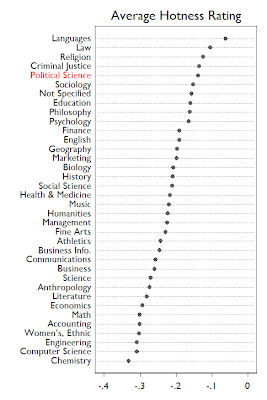A New Excuse: My Prescription Ran Out
The Telegraph (UK) gives us this article on the possibility that we might have "memory pills" (medicines that enhance our ability to learn and remember things more easily: The medicine has been designed originally to help treat Alzheimer's disease, but could be adapted and licensed for sale in a weaker form within the next few years. One brand of memory-enhancing pill is being developed by the multinational company AstraZeneca in collaboration with Targacept, an American company, while Epix Pharmaceuticals, also from the US, is developing another. Both have "cognitive-enhancing effects" which are aimed at treating patients with age-related memory loss. Read the whole thing here I expect that if the pills become available in the U.K., they'll make their way her into a black market long before they become legally available. My students have told me that there's a growing use of Adderal and Ritalin among their fellow students when studying for exams. I can ...








